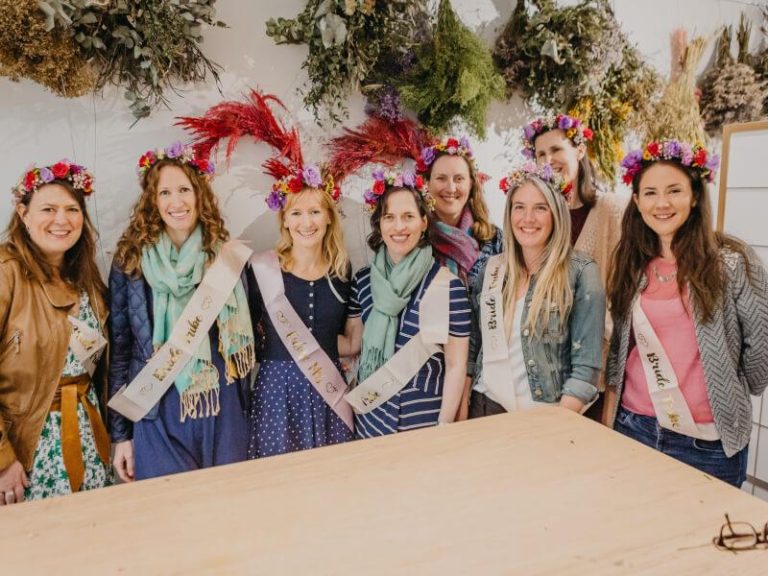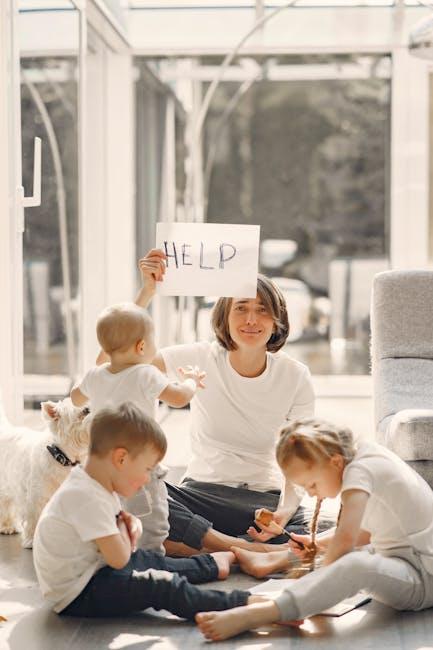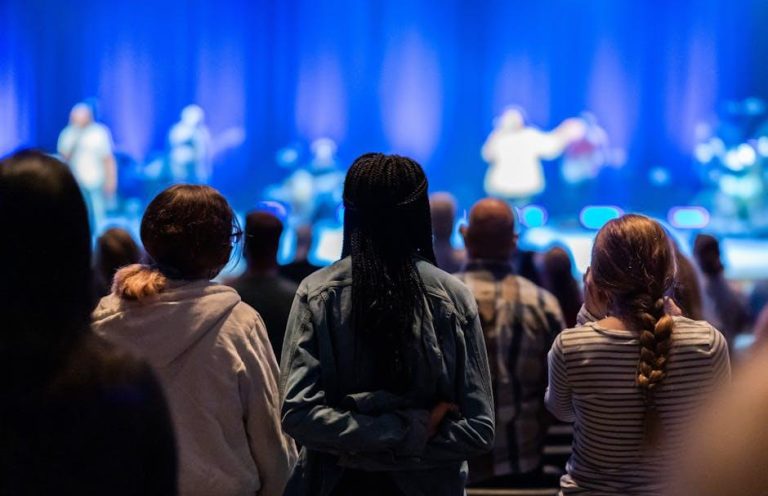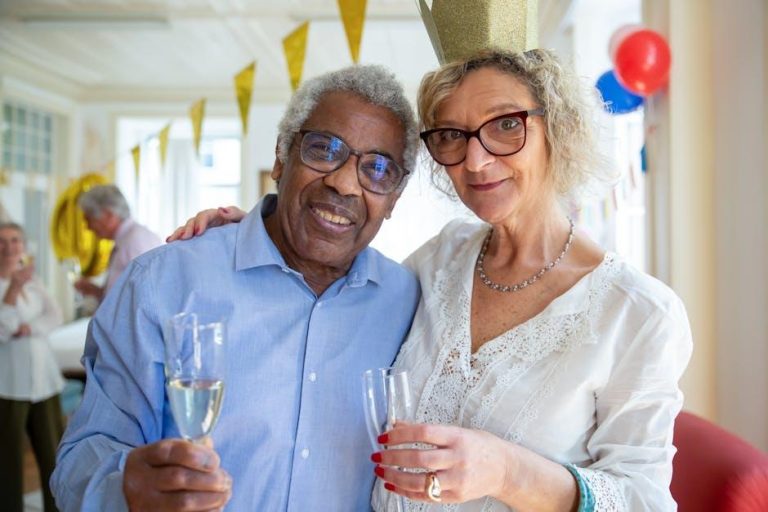Improving Relationships Through Effective Communication
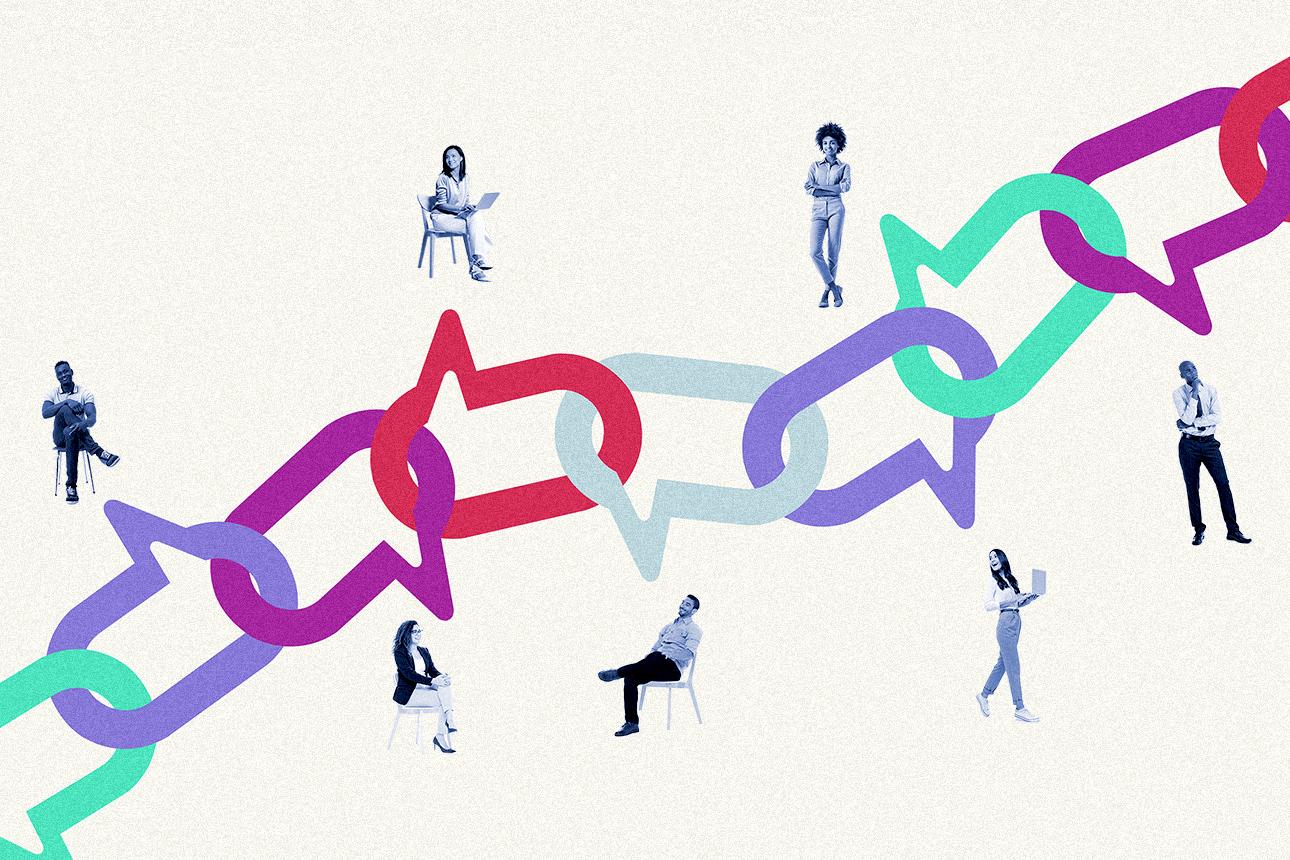
Are you tired of nodding and smiling while your partner rambles on about their day, only to realize you have no idea what they actually said? Have you ever wished there was a magic potion to make your coworker stop leaving passive aggressive sticky notes on your desk? Well, look no further, because we’ve got the key to unlocking better relationships: effective communication. So put down the carrier pigeon and step away from the smoke signals, because it’s time to learn how to actually talk to the people in your life.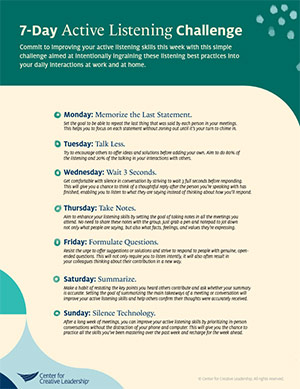
Key Components of Effective Communication in Relationships
Effective communication in relationships is like the secret sauce to a good burger. It’s what holds everything together and makes it delicious. Without it, your relationship might just fall flat like a burger with no toppings.
So, what are the ? Well, first and foremost, it’s all about listening. Yes, that means actually paying attention to what your partner is saying instead of just nodding along like a bobblehead. Put down your phone, turn off the TV, and give them your full attention. Trust me, they’ll appreciate it.
Another important component is being able to express yourself clearly. Don’t beat around the bush or expect your partner to be a mind reader. Use clear and direct language to convey your thoughts and feelings. Oh, and don’t forget to use empathy too! Put yourself in their shoes and try to understand where they’re coming from.
Lastly, don’t be afraid to address any issues that may arise. It’s better to tackle them head-on rather than letting them simmer and eventually boil over. Open and honest communication is key to resolving conflicts and preventing misunderstandings. So don’t be shy, speak up and keep those lines of communication open!

Active Listening Techniques for Better Understanding
Have you ever had a conversation with someone but realized you were more focused on what you were going to say next rather than actually listening to what they were saying? It happens to the best of us! But fear not, here are some active listening techniques to help you become a better listener and truly understand what the other person is trying to communicate:
- Put down your phone: We all know how tempting it is to check our phones while in the middle of a conversation, but try to resist the urge. Show the other person that you are fully present and engaged by giving them your undivided attention.
- Reflect back: One way to show that you are actively listening is to reflect back what the other person has said. You can do this by paraphrasing their words or asking clarifying questions to ensure you understand their point of view.
- Make eye contact: Eye contact is a simple yet effective way to show that you are focused on the other person. It lets them know that you are paying attention and genuinely interested in what they have to say.
By practicing these active listening techniques, you’ll not only become a better listener but also improve your relationships with others. So the next time you find yourself in a conversation, remember to stay present, reflect back, and make eye contact to truly understand and connect with the other person!
Setting Boundaries and Resolving Conflict Constructively
When it comes to , it’s important to remember that communication is key. And when I say communication, I don’t mean passive-aggressive notes or cryptic Instagram posts. Nope, I’m talking about good old-fashioned face-to-face conversations. So put down your phone and let’s dive into some tips for handling those sticky situations with grace and humor.
First things first, make sure you’re crystal clear about what your boundaries are. Don’t expect others to read your mind – if you don’t want your roommate borrowing your clothes without asking, say so! Write them down if you have to, and make sure to stick to your guns when enforcing them. And remember, boundaries are like rules – they’re meant to be respected, not broken.
Conflict is inevitable, but that doesn’t mean it has to be ugly. Next time you find yourself in a disagreement, try to approach it with an open mind and a sense of humor. Trust me, a good laugh can go a long way in diffusing tension. And if all else fails, don’t be afraid to call in a mediator – whether it’s a friend, a therapist, or your pet goldfish, sometimes a third party can help you see things from a different perspective.
At the end of the day, is all about respect – for yourself and for others. So don’t be afraid to speak up when something doesn’t sit right with you, and don’t be afraid to listen when others do the same. And remember, a little bit of patience and a whole lot of humor can go a long way in keeping the peace. Now go forth and conquer those conflicts like the boundary-setting, conflict-resolving superhero that you are!

The Power of Nonverbal Communication in Building Connections
Nonverbal communication is like the secret sauce of connection-building. It’s the sprinkles on top of the cupcake of interaction – it just makes everything better! From a smile that lights up a room to a wink that says, “I see you, and I like what I see,” nonverbal cues are the unsung heroes of human connection.
Imagine trying to have a conversation without using your hands. It would be like eating ice cream without a spoon – messy and not nearly as enjoyable. Nonverbal gestures, like waving hello or giving a thumbs up, add flavor to our words and help us express ourselves in ways that words alone cannot.
Have you ever had a conversation with someone who was constantly checking their watch or fidgeting with their phone? It’s like they’re saying, “I’m here, but I’m not really here.” On the flip side, someone who maintains eye contact, nods in understanding, and mirrors your body language is like a warm hug for your soul - you just can’t help but feel connected.
So next time you find yourself in a conversation, remember the power of nonverbal communication. Give a friendly nod, flash a genuine smile, and watch as your connections deepen and your interactions become more meaningful. After all, who needs words when you’ve got eyebrows that can raise, shoulders that can shrug, and hands that can high-five?
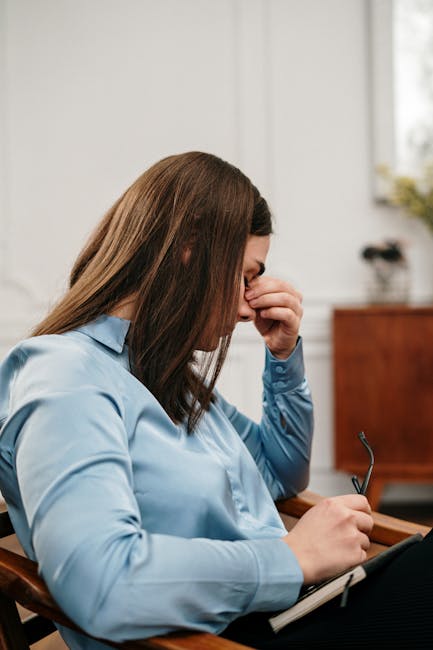
vulnerability-in-a-healthy-way”>Expressing Emotions and Vulnerability in a Healthy Way
Let It Out!
Being able to express your emotions and vulnerability in a healthy way is crucial for your mental and emotional well-being. But sometimes, it can be easier said than done. Don’t worry, we’ve got you covered with some tips on how to let it all out like a pro!
First off, remember that it’s okay to feel vulnerable. Everyone experiences a wide range of emotions, and it’s completely normal to feel exposed or raw at times. Embracing your vulnerability is actually a sign of strength, not weakness. So, don’t be afraid to show your softer side!
One great way to express your emotions is through creative outlets. Whether it’s writing, drawing, painting, or even dancing like nobody’s watching, find a way to release pent-up feelings in a healthy way. Let your creativity flow and watch as your emotions transform into something beautiful.
Lastly, don’t be afraid to reach out for support when you need it. Talking to friends, family, or a therapist can be incredibly healing. Surround yourself with people who truly care about you and aren’t afraid to see you at your most vulnerable. Remember, you’re not alone in this rollercoaster of emotions!
Building Trust and Strengthening Relationships Through Communication Strategies
is like playing a game of telephone, except this time, we actually want the message to get through loud and clear!
Here are some tips to master the art of communication and become the ultimate relationship whisperer:
- Listen up: Communication is a two-way street, so put down your phone and truly listen to what the other person is saying. Unless they’re talking about their cat’s nail trimming routine, then feel free to tune out.
- Be a master of body language: Crossed arms? Bad. Nodding and smiling? Good. Just don’t overdo it and end up looking like a bobblehead.
- Use your words wisely: Choose your words carefully, like a chef selecting the perfect seasoning for their signature dish. And please, no verbal diarrhea – nobody wants to hear your life story in one sitting.
So, put on your best communicator hat and get ready to charm the socks off everyone you meet. Remember, relationships are like a plant – they need communication to grow and some water wouldn’t hurt either.
FAQs
Why is effective communication important in relationships?
Well, imagine trying to play a game of charades with someone who refuses to act things out or communicate in any way. You’d probably end up frustrated and confused, right? The same goes for relationships! Effective communication helps us understand each other better, avoid misunderstandings, and strengthen our connection.
What are some key communication skills to improve relationships?
Listening, listening, and did I mention listening? It’s like the holy trinity of effective communication. Empathy is also crucial, because it helps us see things from our partner’s perspective. And of course, being able to express yourself clearly and honestly is a game-changer.
How can I work on my listening skills?
First off, put down your phone and stop mentally composing your next witty retort while the other person is talking. Show genuine interest in what they’re saying by maintaining eye contact and nodding occasionally. And try not to interrupt (unless they’re about to accidentally set fire to the curtains).
What can I do if I’m struggling to express myself in a relationship?
If you’re more of a bottler-upper than a talker-downer, it might be helpful to practice expressing your feelings in a non-confrontational way. Use ”I” statements instead of accusatory ”you” statements, and try to be specific about how you’re feeling. Just remember, no one is a mind reader!
How can I deal with conflicts in a relationship through communication?
Conflict can be as inevitable as accidentally buying decaf instead of regular coffee beans. When disagreements arise, it’s important to address them calmly and constructively. Try to focus on the issue at hand (like the mystery of the missing toilet paper roll) rather than resorting to personal attacks or defensiveness.
And remember…
Improving your relationships through effective communication may take practice, patience, and a lot of listening (yes, even to your aunt’s strange stories). But the effort you put in will be worth it when you see your relationships flourish and grow stronger. So keep those lines of communication open, be willing to compromise, and always remember to laugh – after all, a well-timed joke can fix just about any awkward conversation! Good luck out there, communication warriors!

